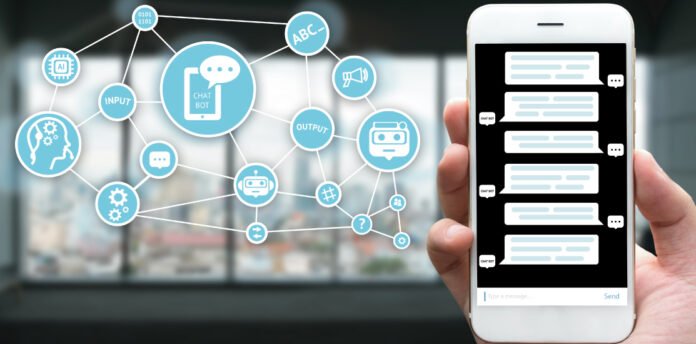Only 29% of HR leaders say they always check sources for ChatGPT-generated content, which can lead to critical errors.
ChatGPT sentiment among HR departments is overwhelmingly positive, but employees may be too trusting of these tools and putting their organizations at risk as a result, according to Capterra’s HR Chatbot Survey of 300 HR professionals.
HR workers are early adopters of ChatGPT; they can use it to quickly generate content (such as job descriptions and employee handbook material) with minimal effort. Capterra’s survey revealed that 73% have used ChatGPT or a similar chatbot for their job, with 97% saying these tools save time so they can focus on other priorities. 91% of HR professionals who have used bots for work say the quality of the responses are “good” or “excellent.”
Users are so fond of these tools that they don’t mind if job seekers use them to save time. Asked how their opinion of a job applicant would change if they discovered the applicant had used a chatbot to help write their cover letter or resume, 86% said it would positively affect their opinion of the applicant. This indicates that job applicants who use generative AI can differentiate themselves from other candidates and impress recruiters.
“HR is responsible for so much content creation, it’s not surprising that they’ve turned to generative AI tools like ChatGPT so quickly. These tools represent a generational leap in productivity,” says Brian Westfall, principal HR analyst at Capterra. “However, these chatbots aren’t perfect. If HR users aren’t careful, they can easily spread inaccurate or biased information with employees or job seekers—harming the employer brand.”
Despite the numerous benefits of ChatGPT, risk should be top of mind. Only 29% of HR workers who have used AI chatbots say they always ask it to cite sources, while 65% only sometimes check, and 6% rarely check. When tested, ChatGPT gave incorrect statistics on DEI, which could potentially lead to disastrous HR content. When prompted with certain company roles, ChatGPT assumed genders, and provided sexist content.
Besides the possibility of inaccurate or biased language, chatbot content by nature will lack your company’s unique personality–a vital component to have if you want to entice job seekers or build your company culture. It’s best to keep ChatGPT usage for evergreen content, such as employee engagement surveys or performance review templates.
With all of its potential, it’s no wonder so many professionals are relying on ChatGPT. Generative AI chatbots aren’t going anywhere, but aren’t advanced enough to fully automate HR work. Professionals must be rigorous about fact-checking the content to avoid any critical errors that could tarnish the reputation of their brand or alienate future and current staff.
The full report expands on the findings and offers six tips for using chatbots to generate HR content to ensure accuracy and minimize risk. To research tools and discover more resources to help make the right business decisions, visit Capterra.com.
Discover the full potential of your Hrtech strategy with our comprehensive Hrtech News and Hrtech Interviews.
Want to Contribute? CLICK HERE To Submit Your Guest Post and Join Our Community of Writers!!!












